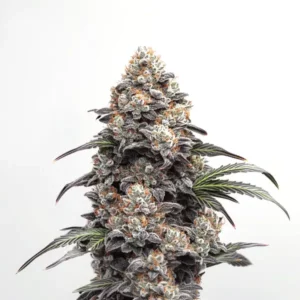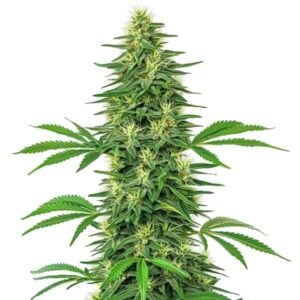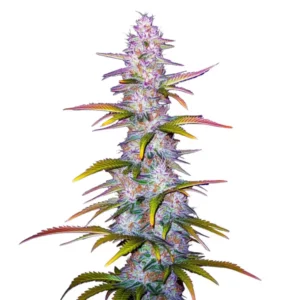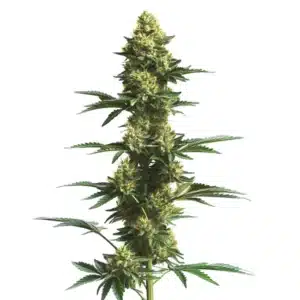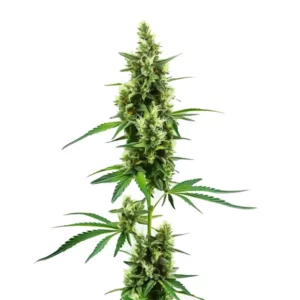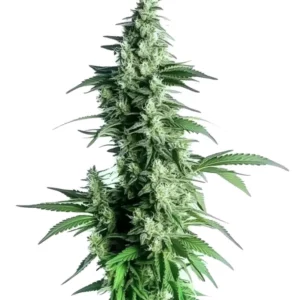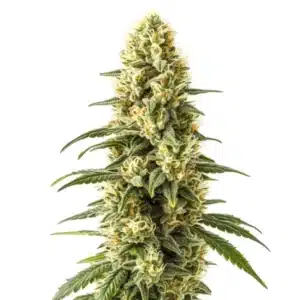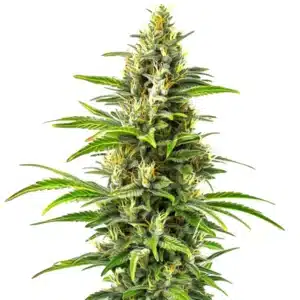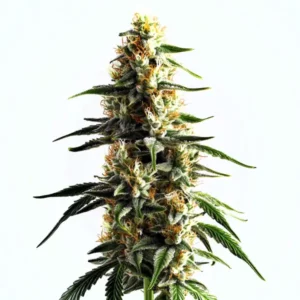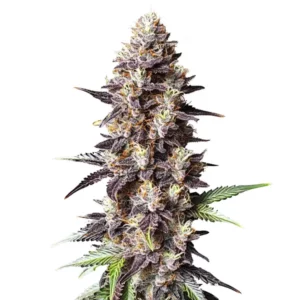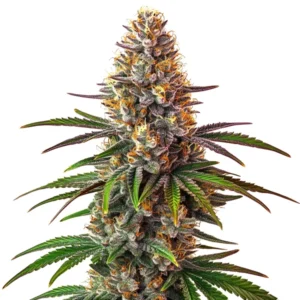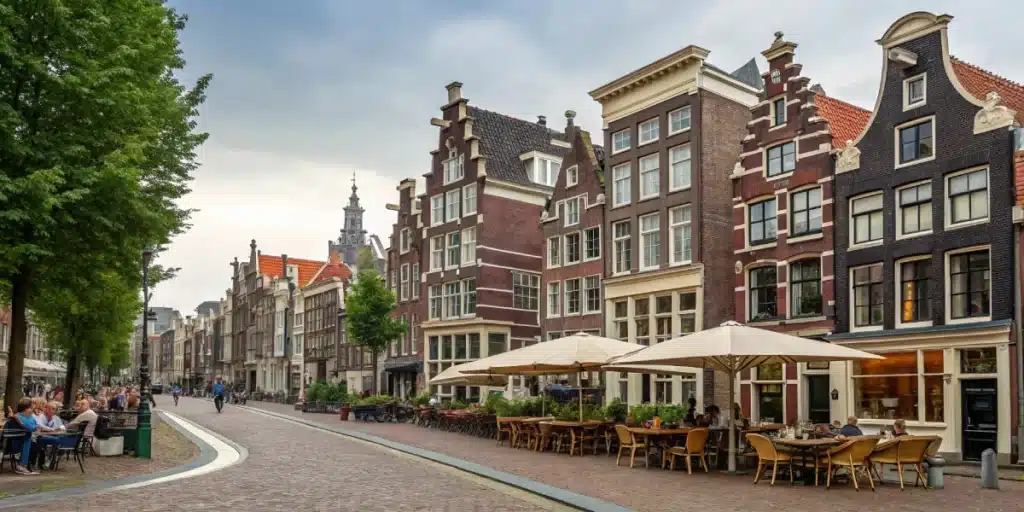
Is Weed Legal in Amsterdam? Facts and Regulations
Current Legal Status in Amsterdam
Synopsis of Current Regulations
Amsterdam attracts global attention as visitors seek clear answers about is weed legal in Amsterdam. Local policies allow small-scale personal possession, which creates a welcoming atmosphere for both residents and travelers. City officials permit carrying up to five grams for personal consumption, and licensed venues guide transactions within a strictly defined framework. Patrons experience a practical system that permits safe indulgence while maintaining firm limits on production and wholesale trade. This legal landscape sparks curiosity in anyone who asks about Amsterdam’s cannabis legal framework.
City management enforces regulations that empower users to navigate Amsterdam’s relaxed cannabis scene confidently. Law enforcers monitor designated zones and mandate that use remains confined to approved establishments. Business owners and officials communicate their expectations clearly, resulting in an environment where consumers enjoy freedom without risk. Such a system supports a balanced cannabis market and inspires visitors to appreciate the thoughtful measures behind Amsterdam’s progressive policies.
Recommended Strains
Permitted Use and Limitations
Both locals and international guests realize that Amsterdam’s cannabis policies set specific limits for public and private use. Consumers must restrict consumption to approved areas and exhibit caution in densely populated neighborhoods. Licensed venues, where cannabis use blooms in a social setting, remain the preferred spot for personal indulgence. Regulations encourage discreet enjoyment and avoid disturbances in residential communities, ensuring that every user experiences the city’s freedoms in a responsible manner.
Guidelines urge individuals to restrict cannabis consumption to safe and designated spaces. Popular coffee shops and community centers welcome enthusiasts, providing a secure and monitored environment. Patrons adhere to clear standards that foster a sense of personal responsibility. This approach demonstrates how Amsterdam’s cannabis legality framework evolves into a practical experience that unites personal enjoyment with community respect and sustainable urban living.
Enforcement by Local Authorities
Local law enforcement actively supports a system that clarifies Amsterdam’s stance on personal cannabis use. Police patrol busy areas and monitor public spaces to ensure that consumption adheres to the permitted guidelines. Officers interact directly with citizens and business operators, emphasizing firm rules and immediate corrective actions when needed. Such proactive measures reinforce a market where cannabis enjoyment remains safe and within clearly defined boundaries.
Officials and local agents work collaboratively with community members to maintain a secure urban environment. They encourage immediate compliance and engage with residents to clarify directives, demonstrating that Amsterdam’s cannabis regulations benefit everyone. Proactive strategies create a sense of security among visitors and locals alike and deliver a straightforward message: responsible use in designated environments sustains a healthy balance between personal freedom and public order.
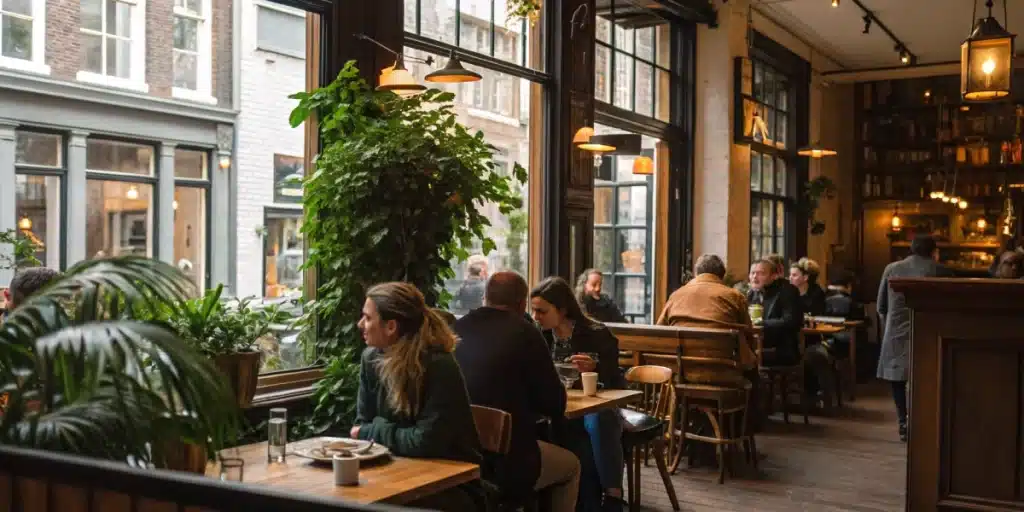
Promos & Deals
Historical Context and Policy Evolution
Changes in Legislation Over Time
Amsterdam’s journey toward a liberal cannabis market started decades ago when policymakers shifted from strict prohibition to pragmatic harm reduction. In the 1970s, authorities dismantled rigid restrictions and embraced a system that allowed small-scale personal possession. This decisive change initiated a transformation that not only empowered citizens but also redefined local attitudes toward cannabis use. Progressive reforms generated a legal framework that inspired continued dialogue and adaptation through the years.
Over time, lawmakers refined regulations to reflect evolving cultural values and economic conditions. Incremental changes in legal practices helped mold an environment where cannabis consumption found its place within everyday urban life. Pioneering decisions encouraged the creation of dedicated venues where controlled use thrived under clearly established limits. Each reform highlights the city’s commitment to a balanced approach that nurtures individual freedom and community welfare.
Cultural Impact on Policy
The vibrant culture of Amsterdam wields significant influence over current cannabis practices. Citizens embrace a heritage that prizes personal freedom and creative expression while honoring responsible use. Daily life in the city intertwines with liberal policies that allow cannabis consumption in controlled environments. An active community spirit translates into regulations that support a welcoming scene for both locals and visitors, reflecting deep-rooted social values.
Every street corner and social gathering illustrates a living culture in which cannabis use maintains its positive image. Creative events, artistic expressions, and urban festivities celebrate an atmosphere that embodies Amsterdam’s progressive values. This synergy fosters responsible consumption practices and inspires local authorities to adjust rules that reflect the community’s lively character. The interplay of modernity and tradition continuously shapes a cannabis policy that prizes both freedom and prudence.
Milestones in Cannabis Reform
Pivotal milestones in Amsterdam’s legal evolution mark clear turning points in how cannabis consumption is perceived. In the early decades, the establishment of the first licensed coffee shops heralded a new era. Entrepreneurs seized opportunities to create controlled spaces where social interaction and responsible use merged harmoniously. These groundbreaking initiatives set off a trend of continuous improvement in regulatory approaches. Each milestone builds on the last to forge a market admired for its innovative spirit and practical enforcement.
Local authorities, community leaders, and business owners together celebrated each advancement that enhanced public safety while supporting economic growth. Pioneering measures encouraged a gradual shift towards regulated consumption and clearer licensing criteria. Every reform provided a stepping stone towards a system that today stands as a model for balanced cannabis management. The milestones serve as proof that a proactive approach can yield an environment where freedom and order coexist seamlessly.
Consumption and Sales Guidelines
Coffee Shop Regulations
Amsterdam sustains its thriving cannabis scene through stringent guidelines for coffee shops. Licensed venues provide controlled environments where patrons enjoy safe and regulated cannabis purchases. Shop managers enforce a limit of five grams per transaction and impose strict bans on other substances, ensuring a focused customer experience. By following these clear rules, operators create spaces that merge relaxed social interaction with direct compliance to municipal policies.
Entrepreneurs running these establishments guarantee that exchanges follow immediate verification procedures. Staff check identification at every transaction, and store layouts encourage swift interactions free of ambiguity. The straightforward operational rules support a dependable market that meets consumer needs. Visitors experience an engaging environment where every detail—from product limits to age verification, reflects Amsterdam’s commitment to a secure and vibrant cannabis economy.
Age Restrictions and Licensing
Local regulations require strict adherence to age guidelines that guard the city’s cannabis market. Vendors verify that every customer reaches the legal threshold before making a purchase, contributing to an atmosphere of direct accountability. Coffee shops implement real-time checks to ensure that only those meeting the minimum age enjoy their products. These measures solidify a system that reinforces individual responsibility and ensures that all interactions occur with mutual respect.
Business operators work closely with municipal authorities to keep the licensing process robust and transparent. Each licensed shop follows a uniform set of procedures designed to maintain the community’s trust. Continuous improvements in verification processes guarantee that the local market remains accessible only to responsible consumers. Tight restrictions preserve a dependable framework that appeals to tourists and residents alike, supporting a sustainable and inclusive market for cannabis.
Touristic Considerations
Amsterdam attracts an array of international visitors curious about its unique cannabis market. Enthusiasts find that designated venues offer friendly guidance and controlled spaces that echo the city’s forward-thinking policies. Local businesses and officials actively provide clear information, ensuring that tourists experience safe, regulated consumption. The pathways to accessing cannabis in the city remain straightforward, reflecting a commitment to welcoming global travelers and addressing their questions about local cannabis legitimacy with honesty and clarity.
Entrepreneurs and local guides interact closely with visitors to explain how the local system operates, emphasizing that well-defined limits protect both tourism and community life. The messaging remains direct, serving as a tool to nurture trust and encourage positive experiences. These interactions help tourists understand when and where to engage with cannabis responsibly, ensuring that every encounter supports an atmosphere of ease and open dialogue. The local approach builds lasting connections between visitors and the city’s vibrant culture.
Economic and Social Implications
Impact on Tourism and Economy
Amsterdam’s dynamic cannabis policies generate significant economic benefits that ripple throughout the city. Tourists seeking firsthand experiences contribute directly to sales at coffee shops, restaurants, and entertainment venues. The steady flow of visitors creates numerous job opportunities and stimulates a thriving local business ecosystem. A market grounded in thoughtful regulation not only attracts customers but also ignites new ventures and community investments that drive overall urban prosperity.
Entrepreneurs celebrate the economic boost derived from a regulated cannabis scene that integrates seamlessly into the local lifestyle. Retail and hospitality sectors enjoy increased patronage thanks to the reliability and safety of the regulatory framework. Investors and city planners closely monitor the growth, ensuring that each advancement cultivates sustained financial health. This ongoing collaboration between businesses and regulators nurtures a resilient market that enhances Amsterdam’s reputation as a global hub for responsible cannabis trade.
Social Acceptance and Public Perception
Local citizens and visitors express a shared belief in the positive social impacts of a well-regulated cannabis culture. Daily interactions showcase lively conversations centered on cannabis consumption in safe and friendly venues. Public sentiment supports a system that prioritizes personal freedoms without sacrificing community decorum. Regular communal events and public displays of local artistry further bolster a sense of unity and present a candid picture of modern cannabis practices that resonate with a wide audience.
Community gatherings and social media exchanges reveal an open-minded public keen to appreciate the benefits of responsible cannabis use. Personal stories and real-life experiences contribute directly to a culture where consumption practices create meaningful connections. Efforts to build a transparent system help residents feel empowered and respected, turning everyday activities into shared moments of celebration. The evolving narrative reflects a market that encourages honest dialogue and continuous progress through direct, engaging practices.
Challenges and Opportunities
Local stakeholders continuously engage in proactive initiatives that address emerging challenges in Amsterdam’s evolving cannabis market. Various actors, from policymakers to entrepreneurs, meet directly to explore solutions that balance economic growth with public well-being. Discussions remain practical and forward-focused, ensuring that all challenges transform into opportunities for improvement. The collaborative process drives tangible changes aimed at reducing disruptions and enhancing overall service quality, proving that active engagement yields a robust system.
Leaders in the community pair innovative ideas with established practices, creating opportunities that nurture a competitive yet fair environment. They implement immediate adjustments and foster an atmosphere of transparency to address market fluctuations. Each solution supports a framework where progressive measures stimulate further investments and encourage widespread confidence. Such shared successes attest to a system that adapts continuously while preserving a lively and welcoming urban scene.
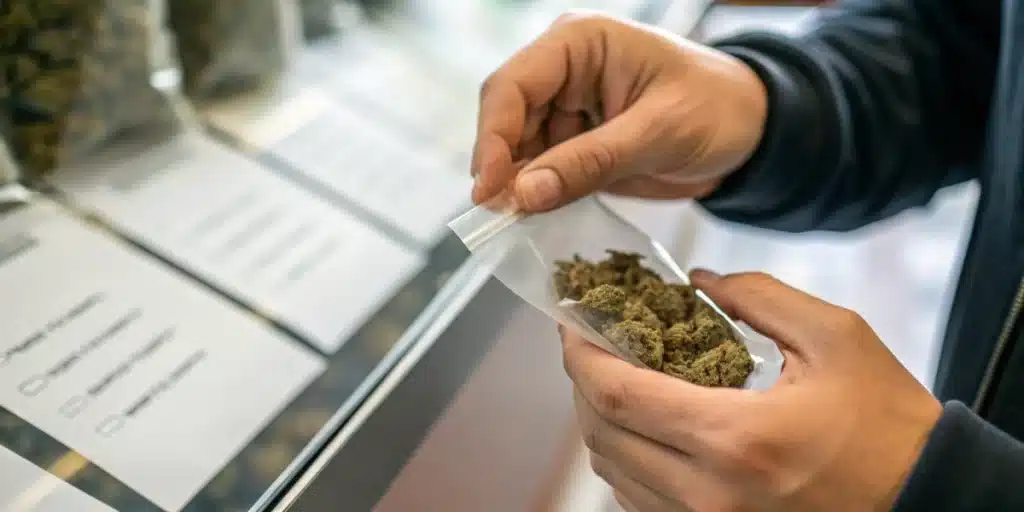
FAQs about cannabis legality in Amsterdam
Is cannabis fully legal in Amsterdam?
Cannabis remains decriminalized rather than fully legalized in Amsterdam. Visitors can access it for personal use in dedicated venues, while large-scale production stays prohibited. These controlled settings create a safe environment that maintains public order and community trust regarding local cannabis laws.
What restrictions exist for tourists?
Tourists must be at least 18 and follow local guidelines when buying cannabis. Coffee shops enforce strict age checks and sales limits to ensure responsible access. Such measures maintain an effective system where cannabis consumption remains safe, regulated, and enjoyable.
How are coffee shops regulated?
Each coffee shop adheres to direct municipal standards by performing regular ID checks and limiting sales to a safe quantity. The guidelines guarantee that the establishment provides a secure space that supports local cannabis regulations for all customers.


